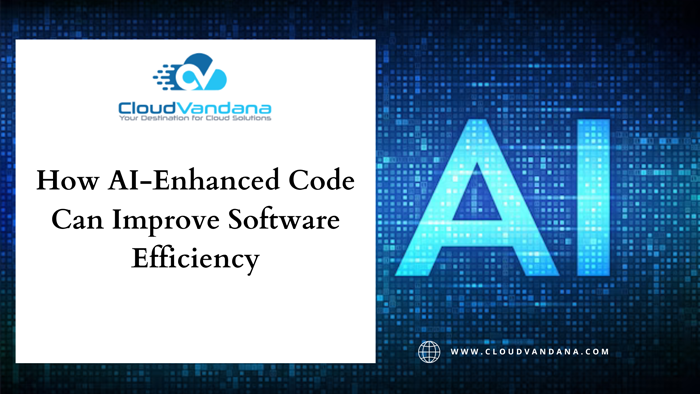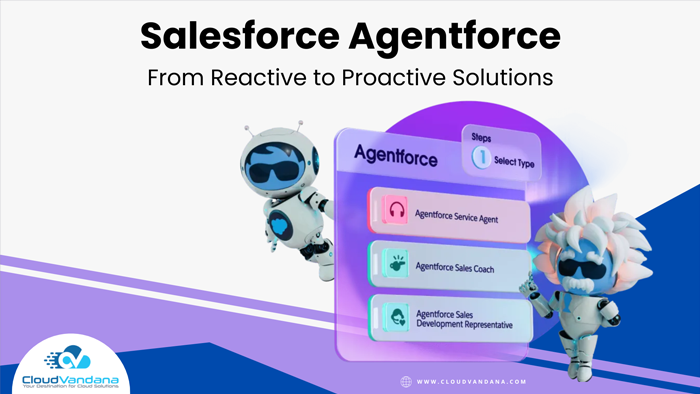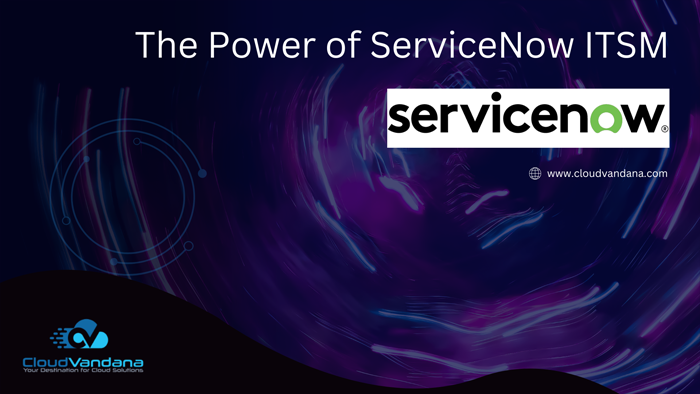AI-enhanced code can significantly improve software efficiency by automating and optimizing various aspects of the development process. Through advanced algorithms and machine learning techniques, AI can analyze code patterns, identify potential bugs or inefficiencies, and suggest improvements. This results in faster development cycles, reduced errors, and enhanced overall performance. Explore how AI transforms software development to create more efficient and reliable applications.
By harnessing the power of AI, developers can automate various tasks, such as code generation and bug detection, that would otherwise be time-consuming and error-prone. This allows them to focus on more creative and complex aspects of software development, ultimately leading to a higher quality end-product. Additionally, AI can analyze and learn from large datasets, enabling it to identify patterns and make predictions that enhance software efficiency.
Furthermore, with enhanced code techniques, developers can optimize algorithms and algorithms, resulting in faster execution times and reduced resource consumption. These improvements benefit not only the end-users by providing a faster and more efficient software experience but also businesses by reducing costs and improving overall productivity.
Understanding the concept of enhanced code
In today’s technology-driven world, businesses are constantly seeking ways to improve efficiency and productivity. One area where advancements have been significant is in the realm of software development. With the help of Artificial Intelligence (AI) and enhanced code, developers can now streamline and optimize their software, resulting in improved efficiency and performance. In this article, we will explore how AI can boost productivity in software development and the benefits it offers.
Benefits of using AI-enhanced code in software development
Enhanced code refers to the use of AI and machine learning techniques to improve the quality and efficiency of software. Traditionally, developers have relied on manual coding to create software, which can be time-consuming and prone to human errors. With enhanced code, developers can automate various tasks, such as code generation and bug detection, that would otherwise be time-consuming and error-prone. This allows them to focus on more creative and complex aspects of software development, ultimately leading to a higher quality end-product.
Furthermore, enhanced code techniques optimize algorithms and data structures, resulting in faster execution times and reduced resource consumption. By leveraging AI and machine learning algorithms, developers can identify and eliminate bottlenecks in their code, leading to improved software efficiency.
Examples of AI technologies used to enhance code
The use of AI-enhanced code in software development offers several benefits. Firstly, it allows developers to automate repetitive tasks, such as code generation and bug detection, freeing up their time to focus on more critical aspects of software development. This not only improves productivity but also reduces the chances of human errors.
Secondly, AI can analyze and learn from large datasets, enabling it to identify patterns and make predictions that can further enhance software efficiency. By leveraging AI algorithms, developers can optimize their code to perform better and provide a faster and more efficient software experience to end-users.
Additionally, AI-enhanced code techniques can help reduce the time and effort required for testing and debugging. By automating the process of bug detection and resolution, developers can identify and fix issues more quickly, leading to faster software releases and improved overall productivity.
How AI-enhanced code improves software efficiency
There are several AI technologies that can be used to enhance code in software development. One such technology is natural language processing (NLP), which can be used to analyze and understand code comments and documentation. By understanding the intent behind the code, developers can improve code quality and make it more maintainable.
Another AI technology that can be used to enhance code is machine learning. Machine learning algorithms can analyze large datasets to identify patterns and make predictions, which can be used to optimize code and improve software efficiency. For example, machine learning algorithms can be used to optimize algorithms and data structures, resulting in faster execution times and reduced resource consumption.
Deep learning is another AI technology that can be used to enhance code. Deep learning algorithms can analyze large amounts of data to identify complex patterns and make predictions. In software development, deep learning can be used to improve code quality by identifying and fixing bugs, optimizing performance, and improving overall software efficiency.
Best practices for implementing AI-enhanced code in software development
AI-enhanced code improves software efficiency by automating repetitive tasks, optimizing algorithms and data structures, and improving the quality of the code. By automating tasks such as code generation and bug detection, developers can save time and effort, allowing them to focus on more critical aspects of software development.
Additionally, AI algorithms can analyze and learn from large datasets, enabling them to identify patterns and make predictions that can be used to optimize code and improve software efficiency. For example, by analyzing user behavior data, AI algorithms can optimize algorithms and data structures to provide a faster and more efficient software experience.
Furthermore, AI-enhanced code techniques can help improve the quality of the code by identifying and fixing bugs, optimizing performance, and improving overall software efficiency. By leveraging AI algorithms, developers can ensure that their code is of high quality and provides a seamless user experience.
Tools and resources for AI-enhanced code development
Implementing AI-enhanced code in software development requires careful planning and consideration. Here are some best practices to follow:
1. Define clear objectives: Before implementing AI-enhanced code, define clear objectives and goals. Understand how AI can help improve software efficiency and productivity and align them with business goals.
2. Choose the right AI technologies: There are several AI technologies available for enhancing code. Choose the ones that are most suitable for your specific needs and requirements. Consider factors such as complexity, scalability, and compatibility with existing systems.
3. Invest in training and education: AI technologies are constantly evolving. Invest in training and education to keep up with the latest advancements and techniques. This will ensure that you can effectively leverage AI-enhanced code in your software development process.
4. Start small and iterate: Implementing AI-enhanced code can be a complex process. Start with small projects and iterate based on the feedback and results. This will help you identify any issues or challenges early on and make necessary adjustments.
5. Collaborate and communicate: Implementing AI-enhanced code requires collaboration and communication between developers, data scientists, and other stakeholders. Foster a culture of collaboration and open communication to ensure smooth implementation and adoption of AI-enhanced code.
Challenges and considerations when using AI-enhanced code
Several companies have successfully implemented AI-enhanced code to boost productivity in software development. Here are some case studies:
1. Google: Google has been using AI-enhanced code to improve the efficiency of its software products. By leveraging AI algorithms, Google has optimized its search engine, making it faster and more efficient.
2. Microsoft: Microsoft has been using AI-enhanced code to improve the performance of its software products, such as Microsoft Office and Windows. By optimizing code using AI algorithms, Microsoft has been able to provide a faster and more efficient user experience.
3. Facebook: Facebook has been using AI-enhanced code to improve the efficiency of its social media platform. By leveraging AI algorithms, Facebook has optimized its news feed algorithm, making it more personalized and efficient.
4. Netflix: Netflix has been using AI-enhanced code to improve its recommendation system. By analyzing user behavior data, Netflix has been able to provide personalized and relevant recommendations to its users, improving user engagement and satisfaction.
The future of AI in software development
While AI-enhanced code offers several benefits, there are also challenges and considerations to keep in mind. Some of these include:
1. Data privacy and security: AI algorithms rely on large amounts of data to make predictions and optimize code. Ensuring data privacy and security is crucial to prevent unauthorized access or misuse of sensitive data.
2. Bias and fairness: AI algorithms can be biased if trained on biased datasets. It is important to ensure fairness and avoid biases when using AI-enhanced code to prevent discrimination and unfair outcomes.
3. Ethical considerations: AI-enhanced code raises ethical considerations, such as the impact on jobs and the potential for misuse. It is important to consider the ethical implications and ensure the responsible use of AI-enhanced code.
4. Skill and knowledge gaps: Implementing AI-enhanced code requires specialized skills and knowledge. It is important to invest in training and education to bridge any skill and knowledge gaps within the organization.
5. Integration with existing systems: Integrating AI-enhanced code with existing systems can be challenging. It is important to consider compatibility and ensure seamless integration with existing software infrastructure.
The integration of AI-enhanced code into the development process holds significant promise for improving the efficiency of software systems, and CloudVandana stands at the forefront of this transformative trend. The amalgamation of artificial intelligence and software development not only streamlines the coding process but also enhances the overall performance, reliability, and scalability of cloud-based applications. Call CloudVandana for end-to-end assistance.










